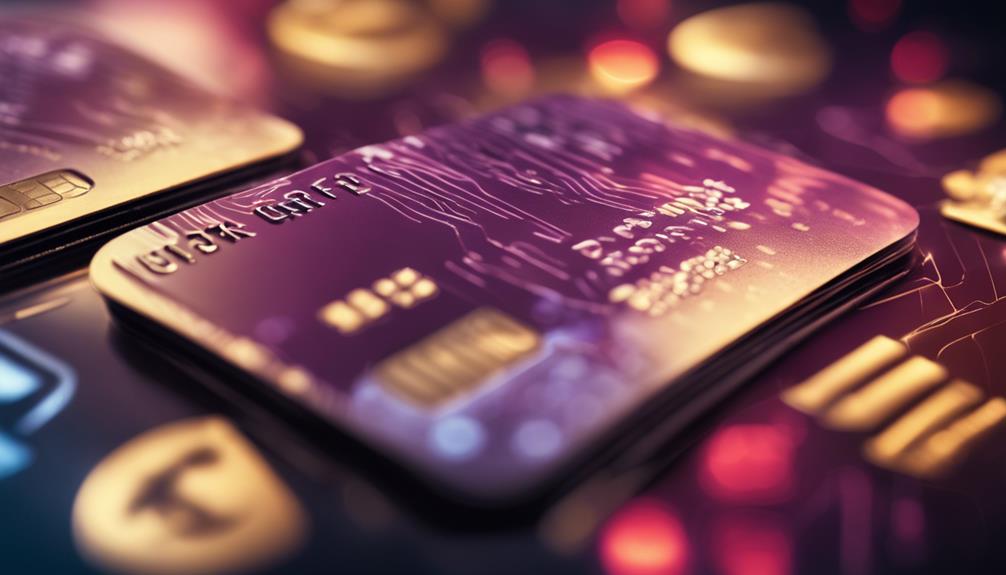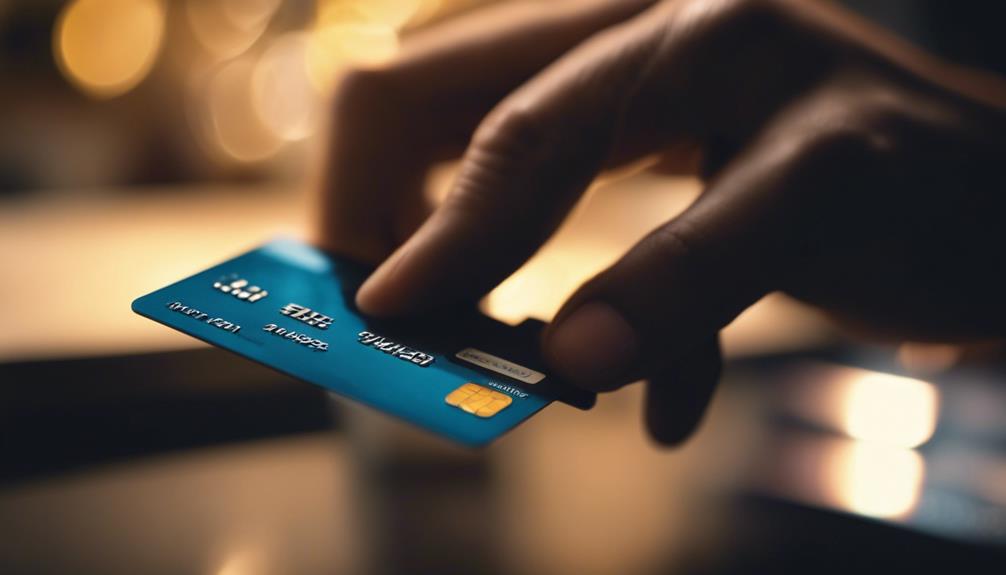Tokenization guarantees credit card data security by replacing card details with unique tokens, making it difficult for unauthorized access. This method shields against breaches and fraud, building trust. Randomly generated tokens enhance security, lower breach risks, and simplify PCI DSS compliance, fostering customer confidence. Implementing tokenization streamlines payments, fortifies against cyber threats, and minimizes exposure to hackers. It ensures only authorized parties access payment details, simplifies transactions, and boosts security. The future sees tokenization evolving with biometrics and blockchain, extending its reach to IoT devices globally. Learn more about the vast benefits this innovative security tool offers.
Key Takeaways
- Tokenization replaces credit card details with unique tokens for enhanced protection.
- It minimizes the risk of data breaches and fraudulent activities.
- Tokenization simplifies PCI DSS compliance by reducing stored sensitive data.
- The technology ensures only authorized parties can access payment details.
- Future developments may include biometric data and blockchain integration for added security.
Advantages of Tokenization in Data Security
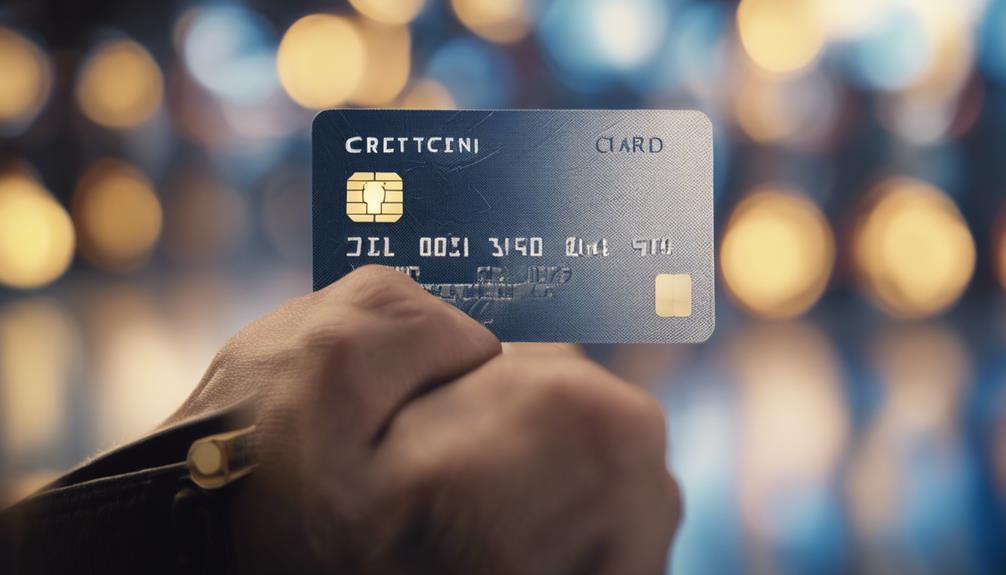
Tokenization in data security offers unparalleled protection for sensitive information, making it an essential tool for safeguarding your business data. This innovative process replaces credit card details with unique tokens, ensuring that your customers' financial information remains secure during transactions.
These tokens are indecipherable to unauthorized parties, minimizing the risk of data breaches and fraudulent activities. By adopting tokenization, you shield your business from potential liabilities and maintain a higher level of trust with your clientele.
With the increasing prevalence of cyber threats, incorporating tokenization into your data security strategy is a proactive step towards fortifying your defenses and ensuring the safety of your valuable information. Stay ahead of the curve and prioritize the robust protection that tokenization provides for your business data.
How Tokenization Enhances Credit Card Protection
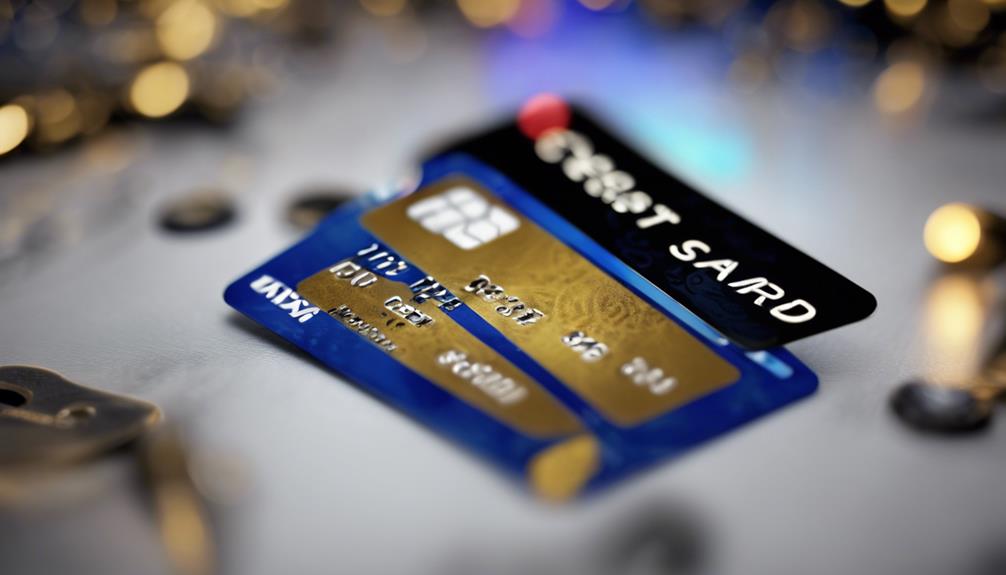
By replacing sensitive credit card details with unique tokens, your business can greatly enhance the protection of customer financial information during transactions. Here are four ways tokenization enhances credit card protection:
- Increased Security: Tokens are randomly generated and offer a higher level of security compared to storing actual credit card numbers.
- Reduced Risk of Data Breaches: With tokenization, there's no actual credit card data stored, minimizing the risk of data breaches and theft.
- Simplified Compliance: Tokenization helps simplify Payment Card Industry Data Security Standard (PCI DSS) compliance by reducing the amount of sensitive data stored.
- Enhanced Customer Trust: By implementing tokenization, customers can trust that their credit card information is better protected, fostering loyalty and confidence in your business.
Implementation Benefits of Tokenization
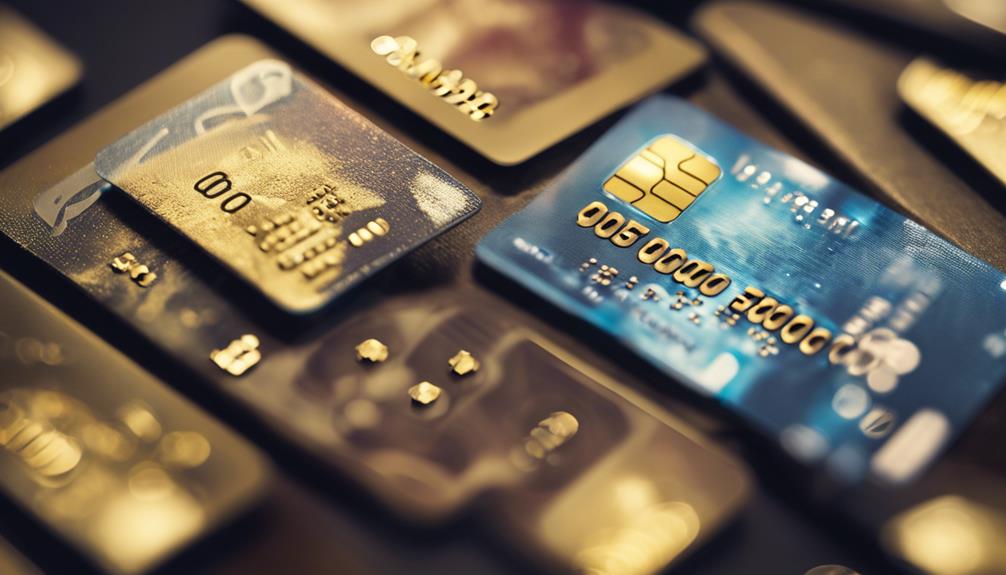
In addition, enhancing your data security measures through tokenization can streamline payment processes and fortify your defenses against potential cyber threats. By implementing tokenization, you reduce the risk of exposing sensitive credit card information to hackers. Tokenized data acts as a shield, ensuring that only authorized parties can access payment details. This streamlined approach simplifies transactions for both your business and customers, enhancing overall efficiency.
Additionally, tokenization minimizes the scope of PCI compliance requirements by eliminating the need to store actual credit card numbers. This not only enhances security but also reduces the complexities associated with regulatory standards. Embracing tokenization now can provide immediate benefits by safeguarding your business against data breaches and ensuring secure payment processing.
Future of Tokenization in Data Security
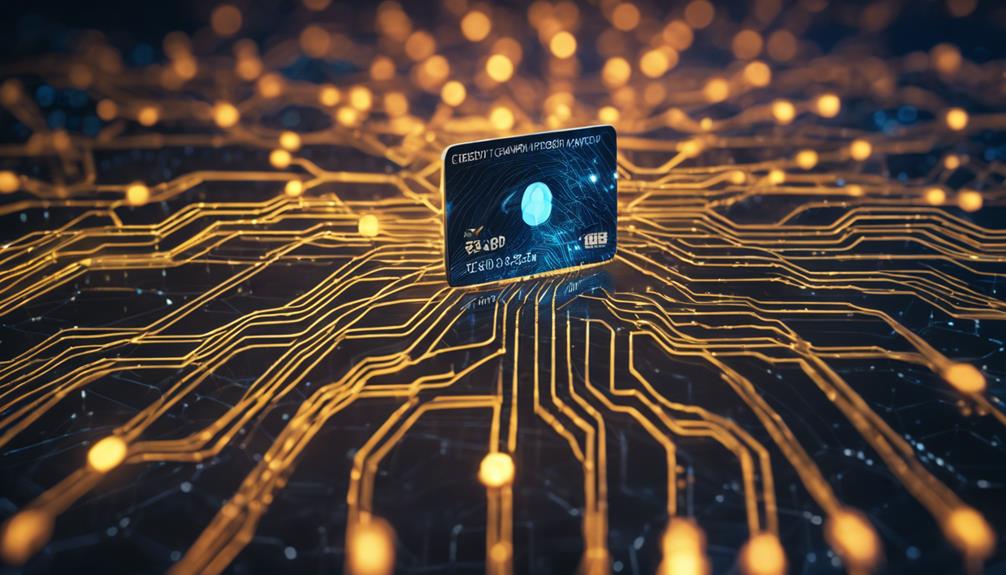
Looking ahead, the landscape of data security will be greatly shaped by the continued advancements in tokenization technology.
Here are four key aspects that illustrate the future of tokenization in data security:
- Enhanced Authentication Methods: Tokenization will evolve to incorporate biometric data or multi-factor authentication for heightened security.
- Expansion to IoT Devices: Tokenization will extend beyond traditional payment systems to secure data in Internet of Things (IoT) devices.
- Integration with Blockchain: Tokenization combined with blockchain technology will offer immutable and secure data storage solutions.
- Global Adoption: Tokenization standards will be globally embraced, ensuring uniform security measures across industries and regions.
Importance of Tokenization for PCI Compliance
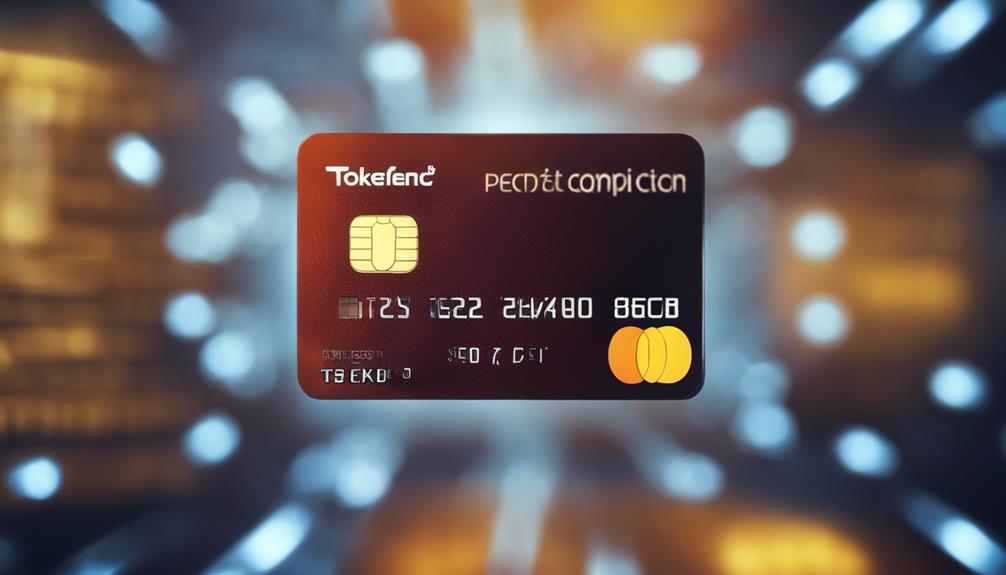
Tokenization technology plays a vital role in guaranteeing PCI compliance for businesses handling sensitive credit card data. By replacing actual credit card information with unique tokens, tokenization reduces the risk of data breaches and helps in meeting PCI DSS requirements.
This process ensures that sensitive data isn't stored within the business's systems, making it easier to comply with PCI standards that prohibit the storage of certain cardholder information. Tokenization adds an extra layer of security, as businesses no longer need to retain full credit card numbers, expiration dates, or security codes.
This not only enhances data protection but also simplifies the process of maintaining PCI compliance, ultimately reducing the potential for financial penalties and reputational damage due to security incidents.
Frequently Asked Questions
How Do Tokens Protect Credit Card Data From Fraud?
Tokens protect credit card data from fraud by replacing sensitive information with unique identifiers decipherable only by the tokenization system. When a credit card is used, a random token substitutes the account number, shielding the original data from exposure.
Businesses store and process tokenized data, ensuring that only the payment processor can decrypt it for future transactions. This method enhances security, minimizing the risk of fraudulent activities and data breaches.
Can Tokenization Technology Secure Other Sensitive Information?
Tokenization technology extends beyond credit card security, safeguarding various sensitive data like passwords, emails, and customer information. By replacing original data with unique tokens, businesses reduce security risks and protect against unauthorized access.
Implementing tokenization not only enhances data protection but also simplifies compliance with industry regulations. Embracing tokenization is a proactive measure to fortify your data security measures and shield valuable information from potential threats.
Are There Any Drawbacks or Limitations to Tokenization?
Drawbacks of tokenization include initial setup costs and potential integration complexities with existing systems. While tokenization enhances security, it requires robust infrastructure and ongoing maintenance. Shifting to tokenization may also involve training staff on new processes.
Additionally, reliance on a third-party tokenization service can pose risks in terms of data privacy and control. Despite these challenges, the benefits of improved data security and reduced compliance burdens often outweigh the drawbacks.
How Does Tokenization Impact Payment Processing Speed?
Tokenization speeds up payment processing by replacing credit card data with unique tokens. These tokens streamline transactions, reducing the time needed for verification and approval.
As a result, businesses can process payments swiftly and efficiently, enhancing customer satisfaction. By utilizing tokenization, you can improve payment processing speed, ensuring smooth and rapid transactions for your customers while maintaining high-quality data security.
Is Tokenization Compliant With Data Privacy Regulations Worldwide?
Tokenization is compliant with data privacy regulations worldwide. It guarantees security by replacing sensitive credit card information with unique tokens decipherable only by authorized systems.
This method aligns with global data protection laws as it minimizes the risk of exposing personal data.
Conclusion
To summarize, tokenization offers a powerful solution to enhance data security for credit cards.
Did you know that according to a recent study, businesses that implement tokenization experience a 50% reduction in fraud losses?
By adopting this technology, you can safeguard sensitive information, streamline operations, and guarantee compliance with industry regulations.
Stay ahead of cyber threats and protect your data with tokenization today.

